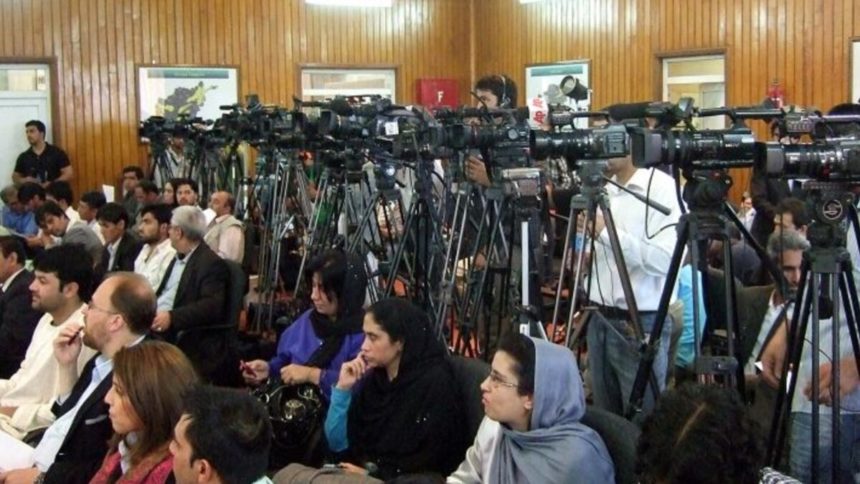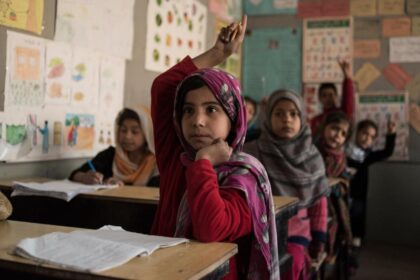RASC News Agency: On the occasion of World Television Day, NAI, a media support organization for Afghanistan’s free media, recently announced that over half of Afghanistan’s visual media outlets have ceased operations since the Taliban took control of the country. NAI raised this issue on Tuesday, November 21st, with their polls revealing that 77 out of 147 television stations have stopped broadcasting due to economic challenges.
According to NAI, television has played a significant role in promoting freedom of expression, informing the public, and enlightening Afghanistan society over the past two decades. However, the current state of media activity, particularly visual media, is unsatisfactory. NAI is calling upon national and international institutions that support the media to assist in resolving this problem. Additionally, NAI urges the Taliban group to reconsider their stance on media support, including taxes and financial guarantees, to prevent the destruction of Afghanistan’s existing media.
Since taking control, the Taliban group has imposed increasingly restrictive measures on media operations and even banned women from some media outlets. Consequently, many journalists have been compelled to leave the country due to the escalating restrictions and limitations imposed by the group. It is of utmost importance for national and international institutions to provide support to the media in Afghanistan, ensuring that they can continue operating and deliver accurate and reliable information to the public.
The Taliban group has enforced a multitude of restrictions across different sectors of the country ever since they gained control, affecting women, media, and military personnel.






